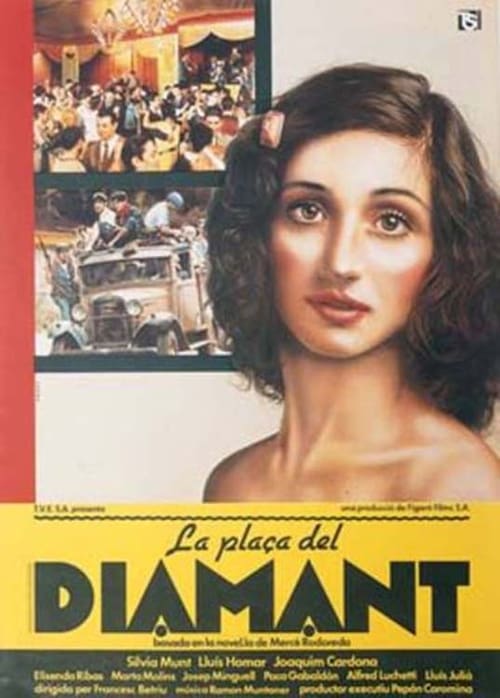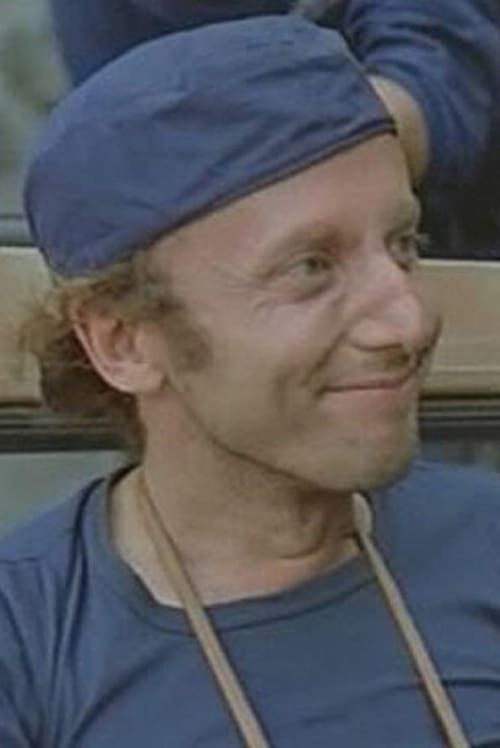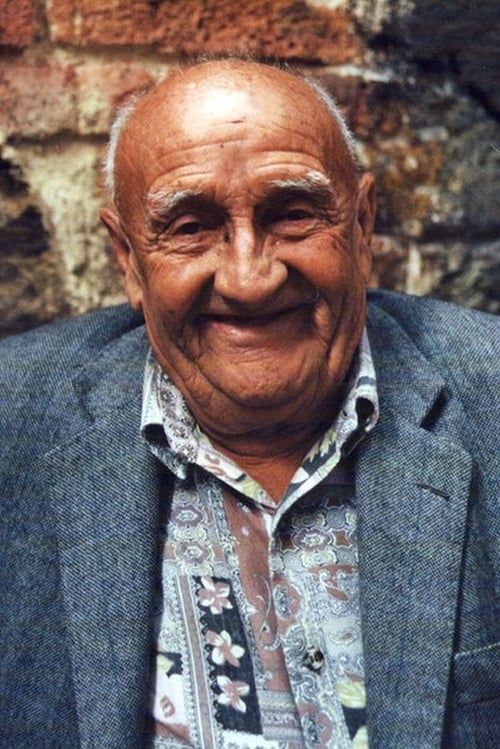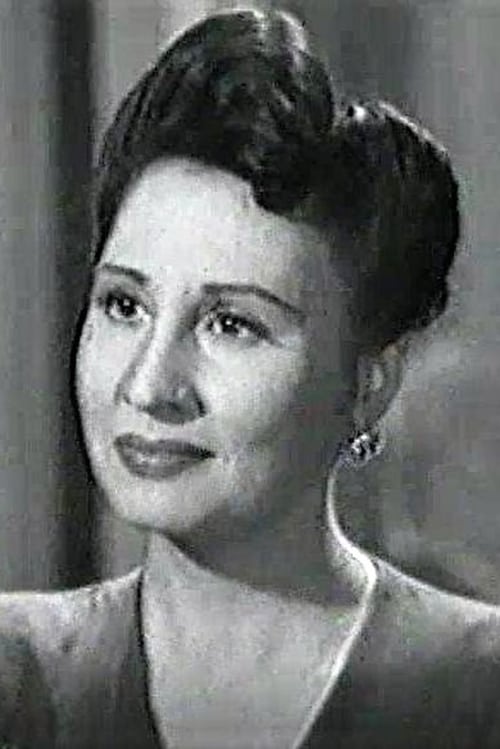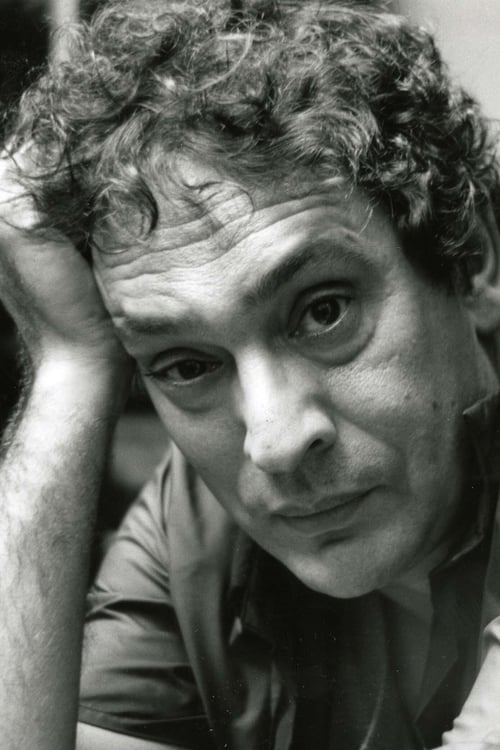La plaça del diamant (1982)
Genre : Drama
Runtime : 1H 51M
Director : Francesc Betriu
Synopsis
Colometa is an average housewife with two children to care for in the late 1930's, as the Spanish Civil War is starting and her husband goes off to fight. She had been an ordinary woman working in a shop when she met the lively carpenter who married her, and their life together was without major problems. But now she is forced to raise her children under straitened circumstances, and after her husband dies, her life undergoes another major change as she marries for the second time. Underneath Colometa's acquiescent, forebearing exterior must lie just a few discontents, a few unrealized dreams - but they never surface as she blithely moves from one episode in her life to another.
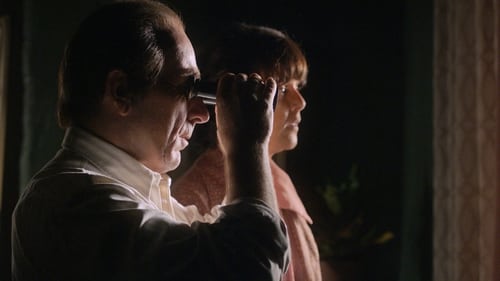
A small village in Huelva, Andalusia, Spain, 1936. Higinio and Rosa have been married only for a few months when the Civil War breaks out. Higinio, being afraid of possible reprisals from the rebel faction, decides to use a hole dug in his own house as a temporary hideout.

Salamanca, Spain, 1936. In the early days of the military rebellion that began the Spanish Civil War (1936-39), writer Miguel de Unamuno supports the uprising in the hope that the prevailing political chaos will end. But when the confrontation becomes bloody, Unamuno must question his initial position.
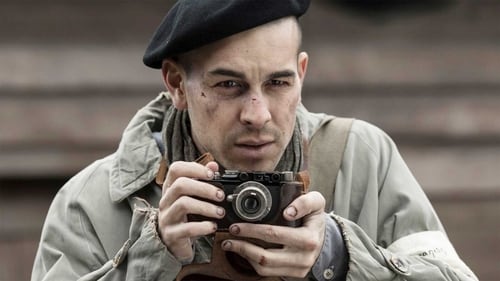
Spanish photographer Francesc Boix, imprisoned in the Mauthausen-Gusen concentration camp, works in the SS Photographic Service. Between 1943 and 1945, he hides, with the help of other prisoners, thousands of negatives, with the purpose of showing the freed world the atrocities committed by the Nazis, exhaustively documented. He will be a key witness during the Nuremberg Trials.
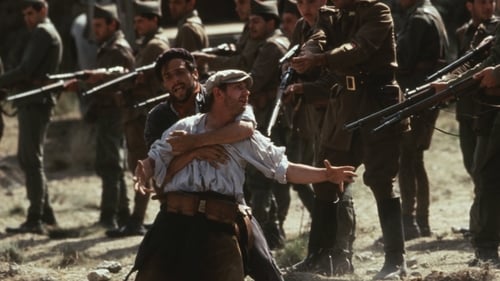
David Carr is a British Communist who is unemployed. In 1936, when the Spanish Civil War begins, he decides to fight for the Republican side, a coalition of liberals, communists and anarchists, so he joins the POUM militia and witnesses firsthand the betrayal of the Spanish revolution by Stalin's followers and Moscow's orders.

The true story of the 1973 tennis match between World number one Billie Jean King and ex-champ and serial hustler Bobby Riggs.
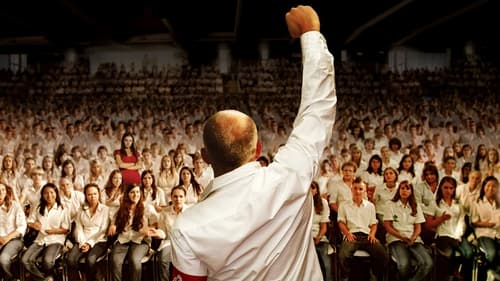
A school teacher discusses types of government with his class. His students find it too boring to repeatedly go over national socialism and believe that dictatorship cannot be established in modern Germany. He starts an experiment to show how easily the masses can become manipulated.

A touching story of an Italian book seller of Jewish ancestry who lives in his own little fairy tale. His creative and happy life would come to an abrupt halt when his entire family is deported to a concentration camp during World War II. While locked up he tries to convince his son that the whole thing is just a game.
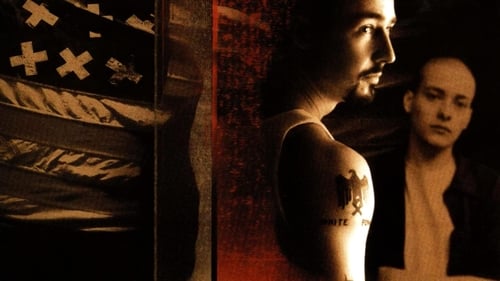
Derek Vineyard is paroled after serving 3 years in prison for killing two African-American men. Through his brother, Danny Vineyard's narration, we learn that before going to prison, Derek was a skinhead and the leader of a violent white supremacist gang that committed acts of racial crime throughout L.A. and his actions greatly influenced Danny. Reformed and fresh out of prison, Derek severs contact with the gang and becomes determined to keep Danny from going down the same violent path as he did.
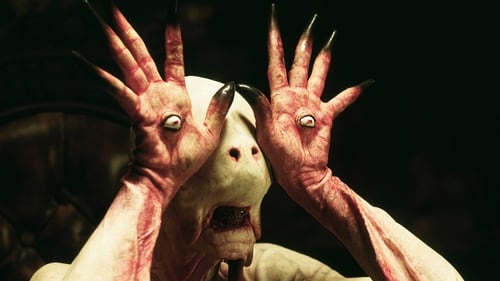
Living with her tyrannical stepfather in a new home with her pregnant mother, 10-year-old Ofelia feels alone until she explores a decaying labyrinth guarded by a mysterious faun who claims to know her destiny. If she wishes to return to her real father, Ofelia must complete three terrifying tasks.
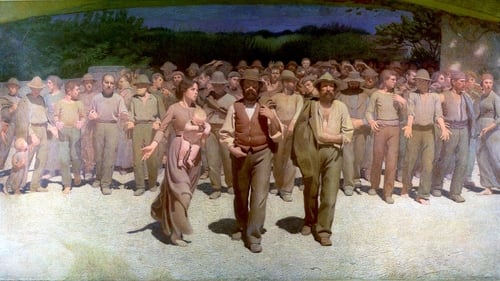
The epic tale of a class struggle in twentieth century Italy, as seen through the eyes of two childhood friends on opposing sides.

As one of the youngest Planned Parenthood clinic directors in the nation, Abby Johnson was involved in upwards of 22,000 abortions and counseled countless women on their reproductive choices. Her passion surrounding a woman's right to choose led her to become a spokesperson for Planned Parenthood, fighting to enact legislation for the cause she so deeply believed in. Until the day she saw something that changed everything.

Four corrupted fascist libertines round up 9 teenage boys and girls and subject them to 120 days of sadistic physical, mental and sexual torture.

A dying man in his forties recalls his childhood, his mother, the war and personal moments that tell of and juxtapose pivotal moments in Soviet history with daily life.
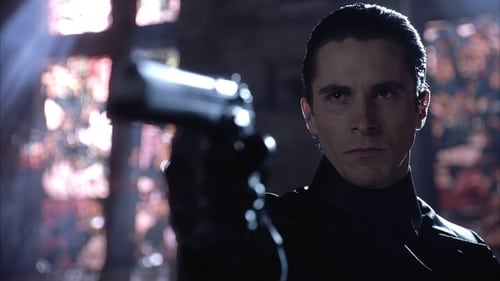
In a dystopian future, a totalitarian regime maintains peace by subduing the populace with a drug, and displays of emotion are punishable by death. A man in charge of enforcing the law rises to overthrow the system.

In Italy in the 1930s, sky pirates in biplanes terrorize wealthy cruise ships as they sail the Adriatic Sea. The only pilot brave enough to stop the scourge is the mysterious Porco Rosso, a former World War I flying ace who was somehow turned into a pig during the war. As he prepares to battle the pirate crew's American ace, Porco Rosso enlists the help of spunky girl mechanic Fio Piccolo and his longtime friend Madame Gina.
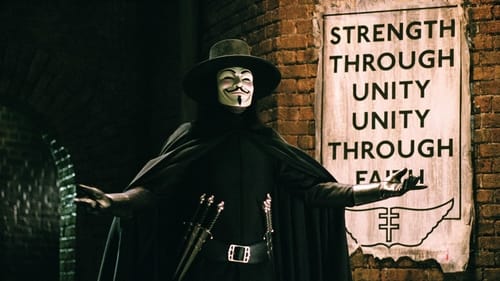
In a world in which Great Britain has become a fascist state, a masked vigilante known only as “V” conducts guerrilla warfare against the oppressive British government. When V rescues a young woman from the secret police, he finds in her an ally with whom he can continue his fight to free the people of Britain.
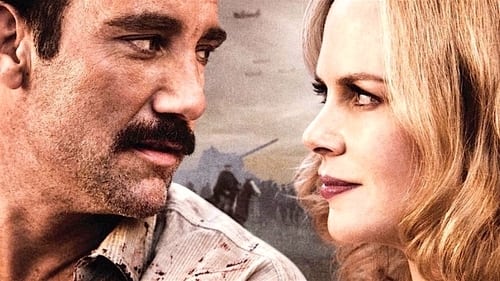
Writer Ernest Hemingway begins a romance with fellow scribe Martha Gellhorn.

Spain, 1939. In the last days of the Spanish Civil War, the young Carlos arrives at the Santa Lucía orphanage, where he will make friends and enemies as he follows the quiet footsteps of a mysterious presence eager for revenge.
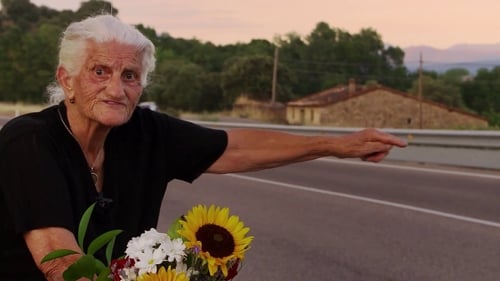
The story of the tortuous struggle against the silence of the victims of the dictatorship imposed by General Franco after the victory of the rebel side in the Spanish Civil War (1936-1975). In a democratic country, but still ideologically divided, the survivors seek justice as they organize the so-called “Argentinian lawsuit” and denounce the legally sanctioned pact of oblivion that intends to hide the crimes they were subjects of.
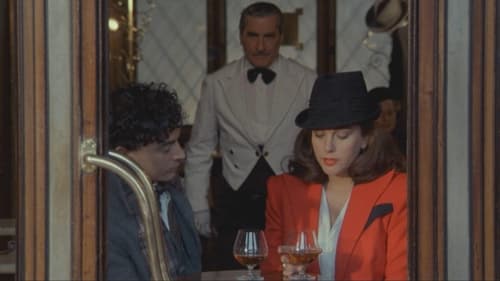
Art professor Nino Rolfe attempts to break down his wife Teresa's conventional modesty. Noticing her affection for their daughter's fiancé, Nino instigates her sexual interest in him - setting off a chain of unexpected events and emotional complications...

An author spends a year and a half filming what happens as a new apartment building is built in a neighborhood of Barcelona.

A portrait of several characters of Spanish culture who were very popular at another time, but who were completely forgotten in their old age. All of them show the reality of abandonment and the decay of oblivion. They really are broken toys.

Documentary about the murderer José Luis Cerveto.

Lorenzo is a young man who has just returned to Salamanca (Spain) from England, where he fell in love with Berta, a girl daughter of exiled parents who have never seen Spain. Lorenzo tries through some beautiful letters that she understands how is the world where her parents once lived.

Region of Castilla La Vieja, Spain, early 20th century. In Luján, a village ravaged by drought, Juan, a humble farmer who survives with his wife and son, confronts a local loan shark and is imprisoned as a result.
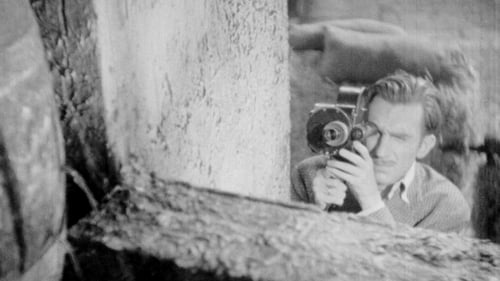
The creative and ambitious Carlos, a young Spanish film buff, manages to become a professional camera operator with time and effort, and is also blessed with the love of Anna, which he has longed for; but the outbreak of the Civil War in 1936 changes everything for both of them.

Caudillo is a documentary film by Spanish film director Basilio Martín Patino. It follows the military and political career of Francisco Franco and the most important moments of the Spanish Civil War. It uses footage from both sides of the war, music from the period and voice-over testimonies of various people.

The life of a young girl who plays with little animals and insects is suddenly changed with the arrival of a film crew and a strange man.

This film uses stop motion animation of still photographs to convey images of politics and science in the nuclear era. The advancement of science allows man to do things he never would have been able to do without, for good or bad. Politicians are either behind the scenes manipulating those scientists or are using that science for their own goals, primarily in the space race. Everyday items and people are projected upwards - many in the form of rockets - followed by iconic structures, such as the Empire State Building, the US Capitol, the Washington Monument, the Eiffel Tower and the Kremlin, being rocketed skyward as visual representations of that race into space.

An attempt to transform a Roman Western into a Greek tragedy.
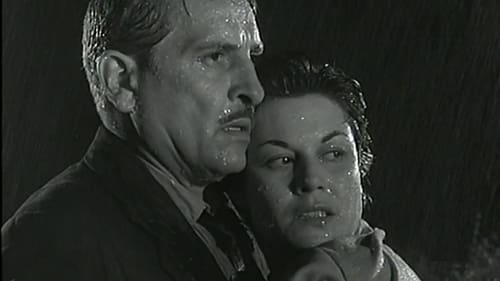
Ivón, a chorus girl, and Hugo, a failed writer, arrive at a seaside hotel on a stormy night, along with Carlos, Hugo's 19-year-old son. When they decide to lean over the cliffs of the coast to observe the wild dance of the turbulent waves down below, an unexpected event tragically happens.
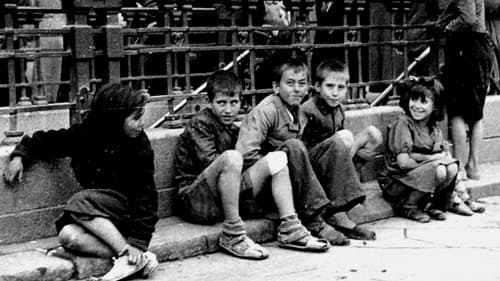
A particular reading of the forties and fifties in Spain, the hard years of famine and repression after the massacre of the Spanish Civil War, using popular culture: songs sung by ordinary people, newspapers and magazines, movies and newsreels; the story of a country torn apart needing to overcome the memory of the war and face an uncertain and painful present.

Things spin: amusement park rides, a phonograph record. A man wakes, shaves, and takes a phone call. Another man, in a kimono, walks in the woods, stops, and opens a small decorative box on the forest floor. People at an amusement park called Little Harlem enjoy themselves. A man walks through another amusement park, called Cavalcade Worlds, as midway rides spin. At a house, an older woman cleans; a pre-teen girl sets the table; a teenaged boy showers. After he dresses, he holds a candle high above his head and walks swiftly toward a young man standing bare-chested, his arms extended. A man arrives home where the girl has set the table. The youth sleeps. Christmas?

Bruce Baillie's Mr. Hayashi might be thought of as a putative East Coast story transformed by a West Coast sensibility. The narrative, slight as it is, mounts a social critique of sorts, involving the difficulty the title character, a Japanese gardener, has finding work that pays adequately. But the beauty of Baillie's black-and-white photography, the misty lusciousness of the landscapes he chooses to photograph, and the powerful silence of Mr. Hayashi's figure within them make the viewer forget all about economics and ethnicity. The shots remind us of Sung scrolls of fields and mountain peaks, where the human figure is dwarfed in the middle distance. Rather than a study of unemployment, the film becomes a study of nested layers of stillness and serenity.

Spectator is one of the early masterpieces by Zwartjes. The film explicitly shows one of Frans Zwartjes’ main themes: the relationship between husband and wife. It is a relationship that is strongly marked by power and domination, sexual attraction and repulsion. It manifests itself in humiliation and abuse (such Pentimento), but also in cool eroticism or natural physicality. Zwartjes’ goal is not to explain or designate this relationship. Rather it is the subject that Zwartjes uses to describe his world. In an article on Zwartjes, filmmaker and student George Schouten compares Zwartjes to the Italian writer Alberto Moravia. For both, sex is their way of dealing with reality. It is the subject by which they define their world. And for Zwartjes, it is also the subject with which he can display and develop his cinematic talent. (eyefilm.nl)

A short film featuring various vintage Mickey Mouse toys.

When Michel gets the life-sized sex doll he ordered, shipped directly from Japan, he is only intrigued by it at first. Then the silent unresponsiveness of the thing begins to haunt him, and he finds himself reacting to it as if it were an equally unresponsive living woman. As time passes, more and more of his life is spent trying to satisfy or placate its relentless silence, and he goes somewhat mad. He dresses the doll and takes it with him wherever he goes. When his usually very tolerant wife discovers what is going on, her jealousy knows no bounds and she attempts to imitate this threatening love-object. The light-hearted quality of this addle-pated fantasy darkens quickly when various neighborhood men attempt to put the doll to its originally intended use.
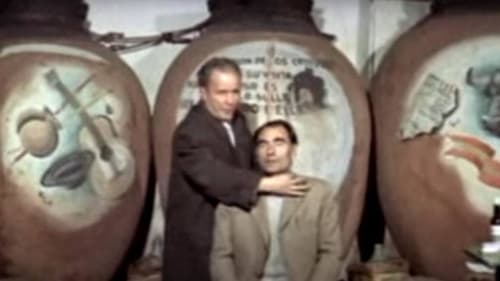
This documentary, filmed clandestinely, is based on several interviews with the executioners who worked in Spain during the early 1970s, as well as families of people executed by them.

Peyote Queen opens with black-and-white perforations that pulsate to the beat of drumming and escalate to light-bathed split screens and kaleidoscopic effects. Switching to lively organ accompaniment, the film pours out a stream of simple scratchings that rollick across the screen. Fish, breasts, flowers, boats, water, lips, hearts, stars—the hieroglyphs explode with color and celebrate the female creative force. The surge slows with the return of ritual drumming, this time with chanting, and a self-reflective coda. -- National Film Preservation Foundation
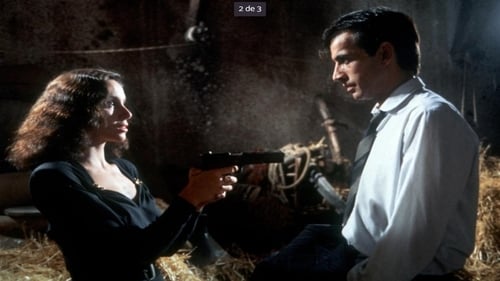
Juan is the handsome, irresponsible, best-loved second son. When his older brother, who runs the family's black-market business with their steel-willed mother, marries Juan's lover Ana, Juan heads for Madrid to work for Franco. Juan also leaves behind his impoverished cousin, Ángela, pregnant with his son. Jump ten years. Juanito, the lad, has rheumatic fever. The doctor says to pamper the boy. Ángela, Ana, and his grandmother comply. As Juanito recovers, his father returns in desperate need of cash; Juanito witnesses a theft blamed on his innocent mother. Things come to a head at a saint's-name party for father and son. Jealousies, betrayals, and a bullet converge.
